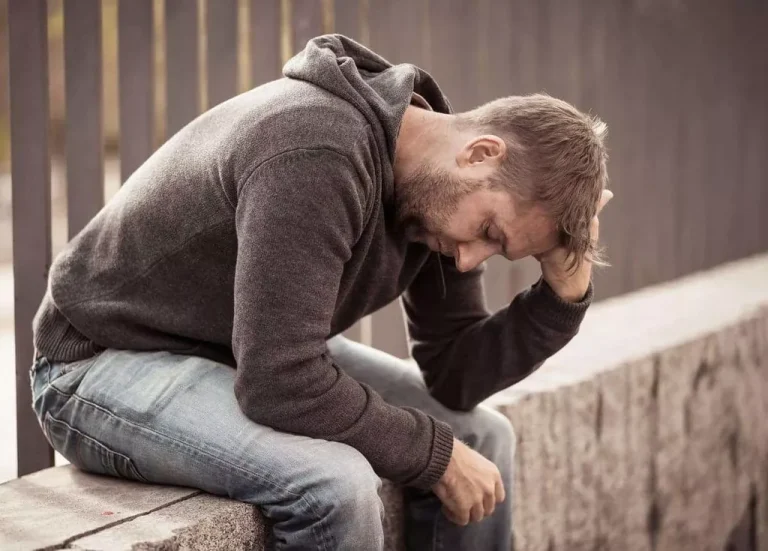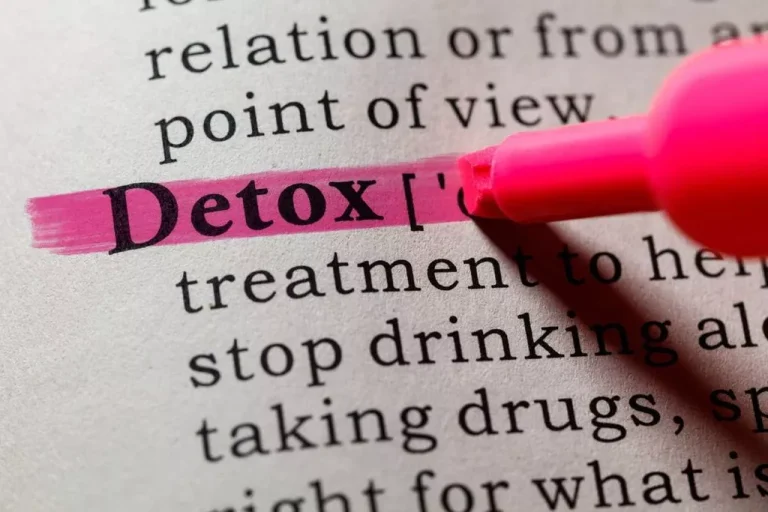
As I navigated my way through addiction recovery, I discovered the incredible power of gratitude. In this section, I will discuss the various ways in which gratitude can aid in addiction recovery. We’ll explore how practicing gratitude can help us overcome negative thinking patterns and view our situation with hope and positivity. We’ll also delve into how expressing gratitude can help alleviate the stress and anxiety that often accompany addiction recovery. Finally, we’ll explore how cultivating a thankful mindset can serve as a powerful force for positive change, inspiring us to take action towards our recovery goals. The active, regular practice of gratitude increases happiness, quality of life, and other positive emotions.
- A feeling of gratitude is similar to a sense of solid appreciation.
- The following exercises can help you take on a grateful outlook, especially if you’re dealing with the roadblocks such as depression, stress, or envy.
- Practicing gratitude may seem easy to some but daunting to others.
- Millions of readers rely on HelpGuide.org for free, evidence-based resources to understand and navigate mental health challenges.
- A grateful person focuses on the good things in life rather than dwelling on negative emotions or negative thoughts.
- In addition to these benefits, gratitude also improves physical health by reducing stress, lowering blood pressure, and improving sleep quality.
Gratitude Works for Everyone—Not Just Sober Folks
From new shoes to just having shoes to wear, when we sit and take a look there really is so much to be grateful for each day. Gratitude is defined as the quality of being grateful; readiness to show appreciation for and return kindness. Basically, gratitude is seeing what is good in life and the goodness in others. The flip side is being resentful and seeing what’s wrong in life, not what’s right.

Relationships with Others:
Because gratitude can boost your mood, perhaps it’s no surprise that it can also improve your overall mental health. As you practice gratitude, you may notice a decrease in symptoms of depression and anxiety. While gratitude alone may not be a magic bullet to mental health issues, it can be one part of a broader treatment plan.
Gratitude’s Role in Preventing Relapse
Gratitude should be consciously employed to battle the lack of appreciation. Eleanor Health is here to help you build your confidence and momentum towards the future you want. We provide treatment services for adults with alcohol, opioid, and other substance use disorders. We are currently located in Louisiana, Massachusetts, North Carolina, New Jersey, Ohio, Texas, and Washington. Click below to get in touch and schedule a consult call with our team to begin your journey towards happiness and freedom. Design for Recovery provides structured sober living in Los Angeles, California.
For individuals or their loved ones grappling with addiction, the struggle to escape the cycle of substance abuse and addiction can be incredibly challenging. An attitude of gratitude starts small but leads to radical shifts in our relationship to the entirety of earth’s natural world if we practice reciprocity. It can lead to seeing the land surrounding us as our home, not as property we own. In Kimmerer’s words, those who immigrated to America must find a way to become indigenous to this land. Making a list of ten things you are grateful for each morning is a great way to start off the day in a positive way.
It can be anything from the big (e.g., “I’m grateful for my sobriety”) to the small (e.g., “I’m grateful for a sunny day”). Other studies have also shown that practicing gratitude can lead to increased feelings of well-being and a more positive outlook in life. It can also https://ecosoberhouse.com/ be an incredibly powerful tool for growth and healing. Incorporating gratitude into daily life can significantly enhance the recovery process. Here are some practical tips for cultivating gratitude and maintaining a positive mindset throughout the journey of recovery.

Let’s explore how gratitude can positively impact social connections in the recovery process. As you start to practice gratitude, you’ll notice the power of the words you choose. This the importance of gratitude in recovery should carry over into all the thoughts and conversations you have throughout the day. Try to eliminate negative thoughts and feelings or match them with a positive counterpart.
- No matter what your religious or spiritual beliefs, taking some time each day to say thank you to your Higher Power is a great way to cultivate more things to be grateful for in your life.
- By promoting a positive cognitive mindset, gratitude can lead to more positive feelings overall.
- Moments of quiet contentment were few and far between because our brain was often demanding alcohol or other drugs, and our addiction gave us little choice in the matter.
- But now that we deliberately manifest gratitude, we see the best qualities in any given moment, person and situation, and it creates a positive feedback loop where we draw out the best in others.
- In this section, we’ll explore the power of gratitude during addiction recovery and the benefits it can bring.
- By making small changes in your mindset and habits, you can reap tremendous benefits that will improve your mental health and overall well-being.

